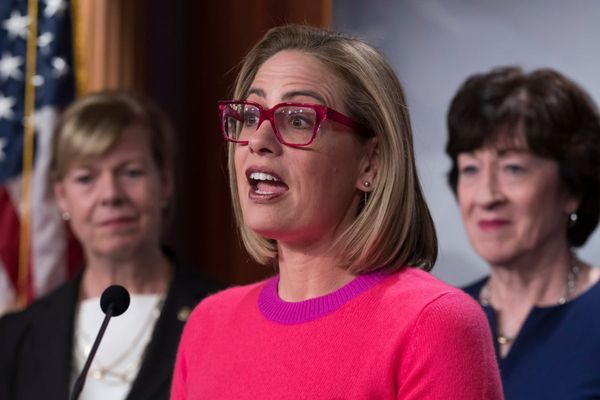Robert F. Kennedy Jr. caused controversy in April by promising to find the cause for autism by September. Claims by the new US secretary for health and human services that autism is a “preventable disease” with an environmental cause, contradict a body of research that suggests autism is caused by a combination of genetic and external factors.
The US government announced that to support the research effort into autism, the National Institutes of Health (NIH), would partner with Medicare and Medicaid to build a “data platform” involving data on claims, medical records and consumer wearables.
When first announced this plan was dubbed an autism registry, though the government later denied that’s what it was creating, instead calling it a “ real-world platform” to allow researchers to study comprehensive data on people with autism.
While the NIH defended the decision as “fully compliant with privacy and security laws”, autistic people and disability advocates are alarmed at the potential violations such a data platform could enable.
In this episode of The Conversation Weekly podcast, we speak to Amy Gaeta, a research associate at the University of Cambridge in the UK who studies disability surveillance.
Gaeta, who is American, explains that for over a century, disabled people have often been denied the right to privacy and been subjected to a sinister history of forced medical testing, forced sterilisation and various laws that criminalise mental illness. She says:
I think this is why a lot of these everyday actions that disabled people do to resist surveillance don’t even come across as anti-surveillance. To them it just comes across as this is how I exist in the world.
Gaeta talks us through some of the strategies people are using to avoid potential surveillance, from self-diagnosis, to withholding information or being careful with the language they use to describe themselves. Listen to our conversation with Gaeta on The Conversation Weekly podcast.
This episode of The Conversation Weekly was written and produced by Katie Flood with assistance from Mend Mariwany. Gemma Ware is the executive producer. Mixing and sound design by Eloise Stevens and theme music by Neeta Sarl.
Newsclips in this episode from ABC News.
Listen to The Conversation Weekly via any of the apps listed above, download it directly via our RSS feed or find out how else to listen here. A transcript of this episode is available on Apple Podcasts or Spotify.
Amy Gaeta receives research funding from UKRI, a grant that is hosted at the Leverhulme Centre for the Future of Intelligence.
This article was originally published on The Conversation. Read the original article.







